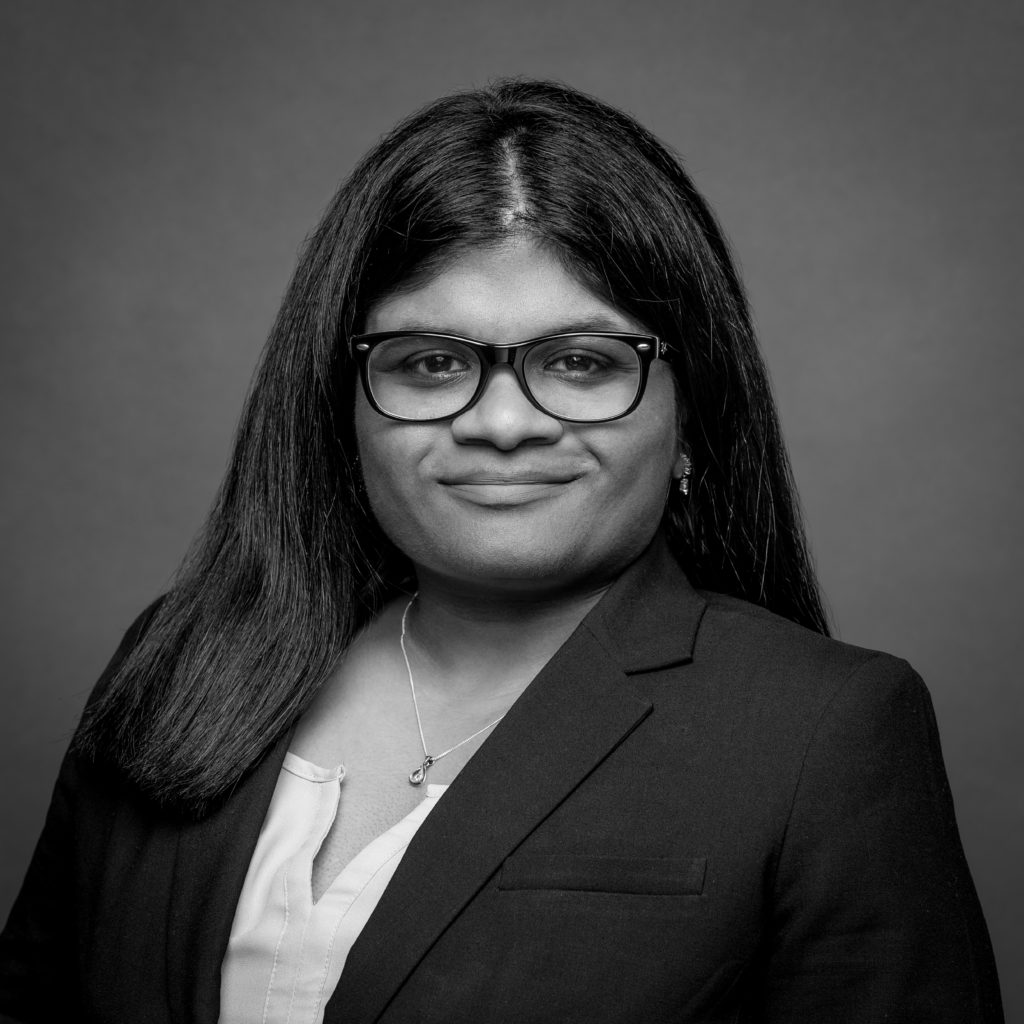Can my spouse use secret recordings of our conversations against me in a divorce?
- Generally, courts will not admit secret recordings for the purpose of divorce litigation. There are exceptions, including situations when the information is so important, for example violence against children, where the court will accept them. Contact a divorce lawyer Toronto to learn more.
What are some situations where I can use secret recordings?
- In some cases, litigants can use secret recordings as evidence. Examples include recordings that disclose serious misconduct by a parent, or significant risk to a child’s safety or security. Contact a family lawyer Toronto for more information.
The Court’s View
- In the evidentiary sphere, the general rule is that any relevant evidence is admissible, provided that it is not hearsay.
- However secretive recordings without the consent of the other party, are generally inadmissible, and often frowned upon.
Presumption Against Recordings
- In Van Ruyven v Van Ruyven, 2021 ONSC 5963, Justice Kurtz expressed his view that there should be a presumption against admitting secret recordings.
- In this case, both the mother and father sought parenting time of their 4-year-old child. The situation escalated when the parties’ child found one of the father’s marijuana cookies and took “a bite or two”. The mother, in a panic, contacted several authorities for advice, before eventually calling an ambulance. She also called the father to discuss the situation, but took the time to record the phone call, surreptitiously. She also recorded some of their other conversations about the subject as well. At the same time, the father too secretly recorded several conversations about the marijuana ingestion and other subjects of conflict between them.
- Both parties sought to introduce these recordings in Court. Justice Kurtz however, refused to hear any of the recordings, reinforcing the position that the approach must be discouraged. The decision outlines that the only way for judges to effectively discourage such conduct is to refrain from rewarding it. To do that, courts must presume that the prejudicial effect of those secret recordings far outweighs the probative value to our system of family law and the best interests of the children affected by it. The presumption cannot be rebutted short of evidence disclosing serious misconduct by a parent, significant risk to a child’s safety or security, or a threat to another interest central to the need to do justice between the parties and child.
Recording Telephone Calls
- In Hameed v Hameed, 2006 ONCJ 274, Justice Sherr refused to admit surreptitious recordings of telephone calls by the parties, stating that: “… surreptitious recordings of telephone calls by litigants in family law matters should be strongly discouraged. There is already enough conflict and mistrust in family law cases, without the parties’ worrying about whether the other is secretly taping them. In a constructive family law case, the professionals the courts work with the family to rebuild trust so that the parties can learn to act together in the best interests of the child. Condoning the secret taping of the other would be destructive to this process.” Justice Sherr discussed the wide scope for potential abuse in secret recordings, and the reliability problems.
The Court of Appeal Decision and More Information
- The Court of Appeal for Ontario has confirmed that the courts ought to discourage the admittance of evidence involving secret recordings. In Sordi v Sordi, 2011 ONCA 665, the court upheld the trial judge’s exercise of discretion to exclude surreptitious recordings. In this decision, Justice Epstein references “the sound public policy of trying to discourage the use of secretly recorded conversations in family proceedings”.
- If you are going through a separation and have concerns with respect to conflict in the home, or stability for your children, exclusive possession may provide some relief. Contact Unified LLP for more information or if you require assistance with a separation or divorce. Fill out the request below or call us at 416-639-7651.


